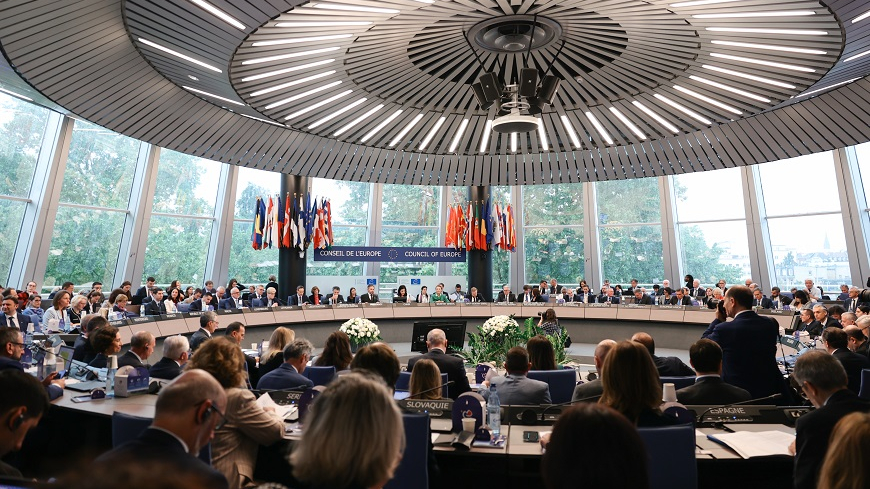The Council of Europe’s Committee of Ministers has strongly urged the authorities in Türkiye to ensure that alternative options to compulsory military service are made available for conscientious objectors and pacifists. The Committee also urged the authorities to ensure appropriate possibilities for the children of parents who do not follow Sunni Islam to opt out of compulsory religious education.
At its latest quarterly meeting dedicated to the supervision of the implementation of judgments from the European Court of Human Rights, the Committee of Ministers adopted two interim resolutions* in cases against Türkiye: the Ülke group of cases and the Mansur Yalçın and Others case.
The Ülke group of cases concerned the repetitive prosecution and conviction of applicants for refusing to carry out compulsory military service as pacifists and conscientious objectors.
The Committee of Ministers expressed its deep concern that, many years after the Court’s judgments in these cases became final, no concrete steps have been taken to introduce legislative reforms needed to protect the applicants and others in their situation.
The Committee deeply regretted that three of the applicants are still considered draft evaders and continue to face the threat of prosecution and numerous restrictions amounting to “civil death”.
Despite the European Court’s 2008 judgment in the Zengin v. Turkey case, followed by its Mansur Yalçın and Others v. Turkey judgment in 2014, the Committee noted with deep regret that religious culture and ethics classes remain compulsory in Türkiye, with a very limited exception procedure which is likely to require parents to disclose their own religious or philosophical beliefs.
Underlining the obligation of every state to abide by the Court’s rulings, the Committee of Ministers stressed the need for appropriate options for children of parents with a religious or philosophical conviction other than that of Sunni Islam.
The Committee invited the Turkish authorities to provide information, by the end of the year, on the measures envisaged to implement the European Court’s judgment.
At the same meeting, the Committee of Ministers adopted a final resolution* closing its supervision of the İzzettin Doğan and Others v. Turkey case, which had been pending since 2016. The Committee welcomed legislative measures taken by the authorities and their practical impact providing the Alevi community in Türkiye with public religious service, financed by the state.
An interim resolution is a form of decision adopted by the Committee of Ministers aimed at overcoming more complex situations requiring special attention.
A final resolution is a Committee of Ministers’ decision whereby it decides to close the supervision of the execution of a judgment, considering that the respondent state has adopted all measures required in response to the violations found by the Court.




